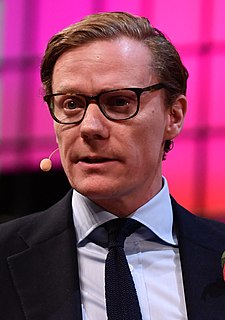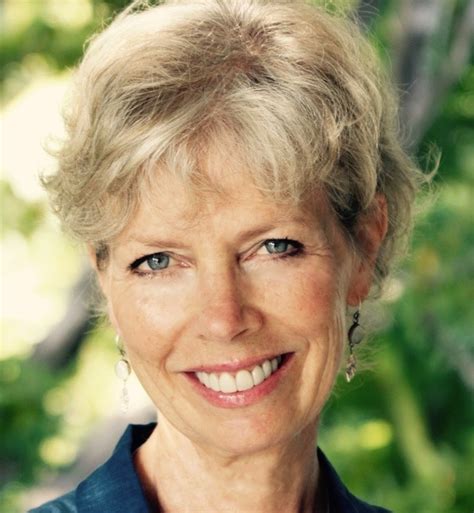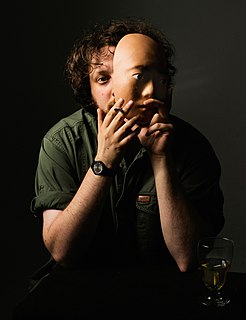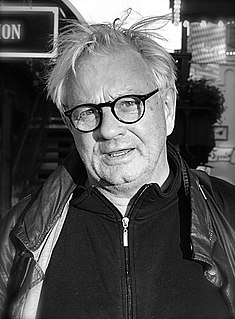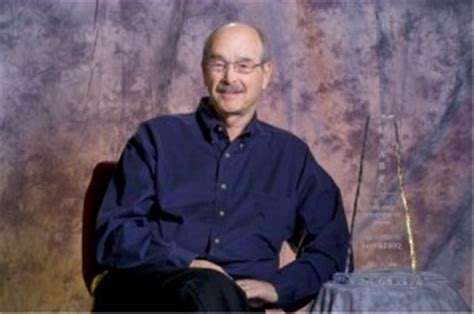A Quote by David Abram
To describe the animate life of particular things is simply the most precise and parsimonious way to articulate the things as we spontaneously experience them, prior to all our conceptualizations and definitions.
Quote Topics
Related Quotes
If, on the other hand, we wish to describe a particular phenomenon without repressing our direct experience, then we cannot avoid speaking of the phenomenon as an active, animate entity with which we find ourselves engaged. To the sensing body, no thing presents itself as utterly passive or inert. Only by affirming the animateness of perceived things do we allow our words to emerge directly from the depths of our ongoing reciprocity with the world.
Emotions weren’t created to just lie around. You should experience things to the full. I’ve got a sense of the clock ticking. We have to feel all those things to the maximum. Like, I don’t eat a lot but I really love eating. And I like being precise and particular. There is a certain respect in that. If you can do your day depending on how you feel, and enjoy things as well.
Sometimes our definitions fall short. Take, for example, the way we view income and labor. It simply doesn't cover enough of the work that women, and in particular poor women, are doing - especially in their own households and the vast 'informal' economy in which most of the world's poorest people work.
Most people who've never experienced non-ordinary states of consciousness and only hear them described tend to try to describe them in terms of the logical, rational way of looking at things, the so-called scientific explanation, which often leaves a lot lacking and doesn't really fulfill understanding the experience at all.
Holding on to beliefs limits our experience of life. That doesn't mean that beliefs or ideas or thinking is a problem; the stubborn attitude of having to have things be a particular way, grasping on to our beliefs and thoughts, all these cause the problems. To put it simply, using your belief system this way creates a situation in which you choose to be blind instead of being able to see, to be deaf instead of being able to hear, to be dead rather than alive, asleep rather than awake.
Perhaps the real point of life is simply to wear us down until we have no choice but to start abandoning our defenses. We learn that the way things are is simply the way they are meant to be right now, and then, suddenly, at long last, we catch a glimpse of the abundance in the moment--abundance even in the face of things falling apart.
I'm interested in philosophy, I studied it, and I also admit I try to read things that are way above me. I have a limit: I take what I need from it, and I do find that some of my favourite philosophical writings tend to be poppier. I admire smart people who are able to describe things simply or in a human, readable way.
I believe that all centers that appear in space - whether they originate in biology, in physical forces, in pure geometry, in color - are alike simply in that they all animate space. It is this animated space that has its functional effect upon the world, that determines the way things work, that governs the presence of harmony and life.
I, and all the complex things around me, exist only because many things were assembled in a very precise way. The 'emergent' properties are not magical. They are really there and eventually they may start re-arranging the environments that generated them. But they don't exist 'in' the bits and pieces that made them; they emerge from the arrangement of those bits and pieces in very precise ways. And that is also true of the emergent entities known as "you" and "me".
If you can observe your own experience with a minimum of interference, and if you don't try to control what you experience, if you simply allow things to happen and you observe them, then you will be able to discover things about yourself that you did not know before. You can discover little pieces of the inner structures of your mind, the very things that make you who you are.

